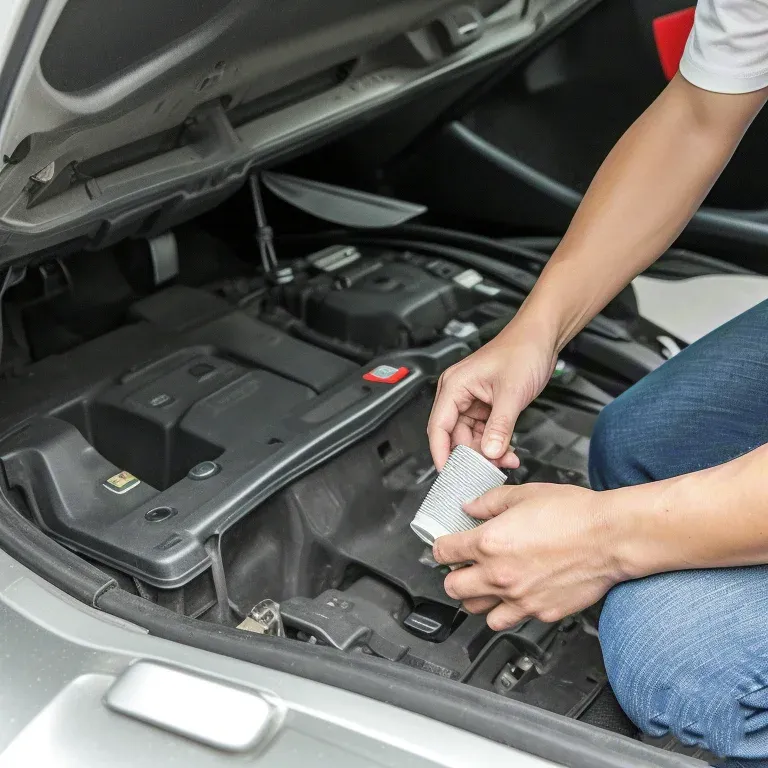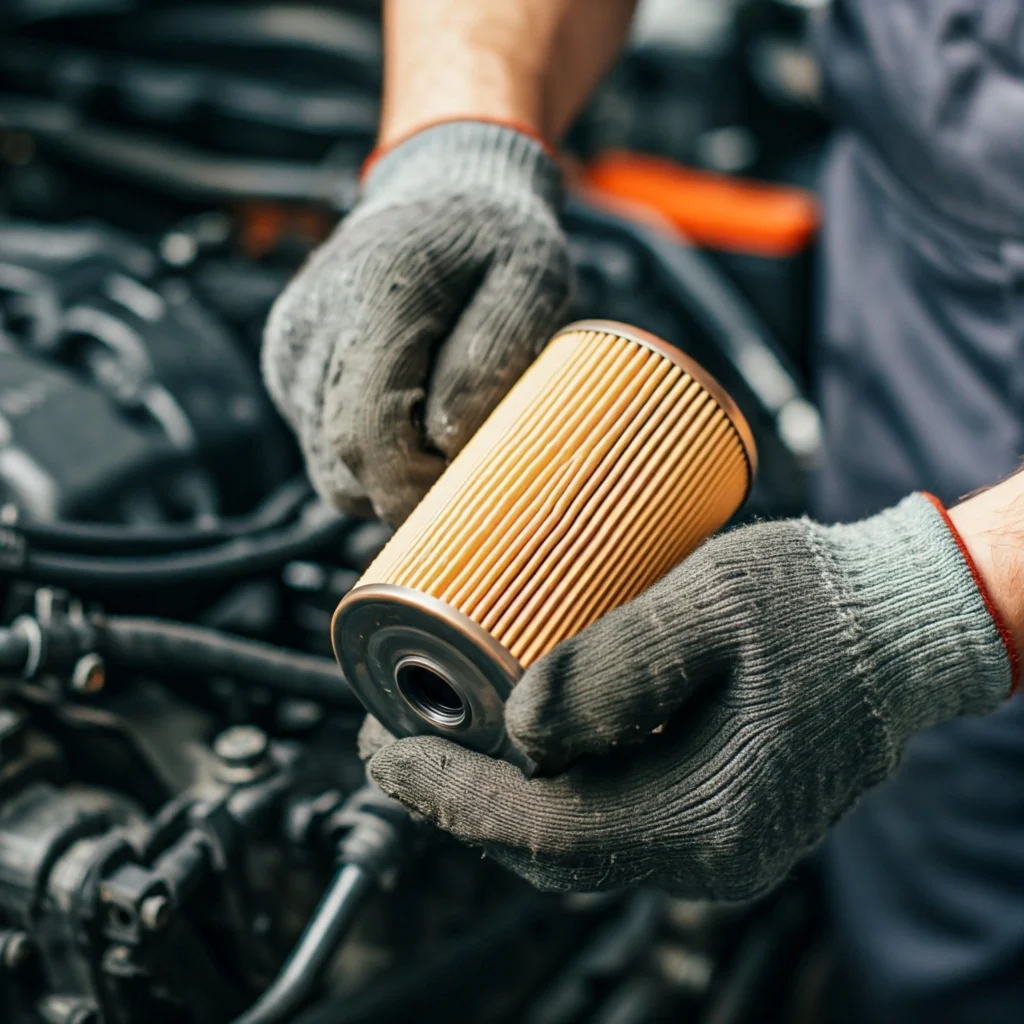As an efficient and flexible means of transportation, the stability and durability of the power system of a motorcycle directly affect the riding experience and vehicle life. In the fuel system, the fuel filter is small, but it plays a vital role and can be called the “invisible guard” of engine health. This article will introduce the functions, types, maintenance points and purchase recommendations of motorcycle fuel filters in detail to help car owners better understand and maintain this key component.
- The core role of the fuel filter
The main task of the fuel filter is to filter impurities in the fuel to ensure that the fuel entering the engine is clean. During transportation, storage and refueling, fuel may be mixed with:Micro particles (such as dust, metal debris).Water (may cause corrosion of the fuel system).Colloid precipitation (fuel stored for a long time tends to form colloid)
If these impurities enter the carburetor or electronic injection system, it may cause:
Injector nozzle clogging, affecting the fuel atomization effectFuel pump wear, reducing fuel supply pressure.Combustion efficiency decreases, power decreases, and fuel consumption increases.High-quality fuel filters can effectively intercept 5-10 micron particles and separate water to ensure the smooth operation of the fuel system.

- Main types of motorcycle fuel filters
Motorcycle fuel filters are mainly divided into the following types according to their installation location and structure:
Built-in filter element (filter in the fuel tank)
– Usually located inside the fuel tank or the fuel pump inlet
– Simple structure, mainly filters larger particles
– Common in electronic fuel injection motorcycles, some models need to remove the fuel tank to replace
External filter element (pipeline filter)
– Installed on the fuel pipeline, close to the carburetor or fuel injector
– Higher filtration accuracy, replaceable design
– Common in old carburetor motorcycles and some modern models
Washable metal filter
– Mostly used in off-road vehicles or modified vehicles
– Uses stainless steel filter, can be repeatedly cleaned and used
– Strong durability, but low filtration accuracy



- Maintenance and replacement cycle of fuel filter element
Fuel filter element is a consumable. After long-term use, it will be blocked due to accumulation of impurities, affecting fuel supply. The replacement cycle of different models is slightly different, but the general recommendation is:
Carburetors: Replace every 10,000-20,000 kilometers or 1-2 years
Electronic fuel injection models: Replace every 20,000-30,000 kilometers or 2 years
Harsh environments (such as dusty and humid areas): shorten the replacement cycle
4.Future development trend
With the popularization of motorcycle electronic fuel injection technology and the improvement of environmental protection requirements, fuel filter elements are also constantly upgraded:
– Higher filtration accuracy (adapting to the National VI emission standard)
– Integrated sensor (monitoring the clogging status of the filter element)
– Environmentally friendly and degradable materials (reducing pollution from discarded filter elements)
How to choose a suitable fuel filter|
The quality of fuel filters on the market varies. When purchasing, you should pay attention to the following points:
Matching models
– Make sure the filter interface size matches the fuel pipe
– For electronic fuel injection vehicles, you need to choose a high-pressure filter (usually marked “FI” or “special for electronic fuel injection”)
Filter accuracy
– Ordinary carburetors: 10-20 microns
– Electronic fuel injection vehicles: 5-10 microns (higher accuracy requirements)
Materials and craftsmanship
– High-quality filter paper: high filtration efficiency and large dust holding capacity
– Metal filter: durable but needs to be cleaned regularly
– With water separation function (suitable for use in humid areas)

Conclusion
Although the fuel filter element is small, it is a key component to ensure the cleanliness of the motorcycle fuel system. Regular inspection and timely replacement of high-quality filter elements can not only improve engine performance, but also extend the life of the fuel injection system and avoid losing more than more. For car owners who love riding, paying attention to this “invisible guard” is the best care for their beloved car.


